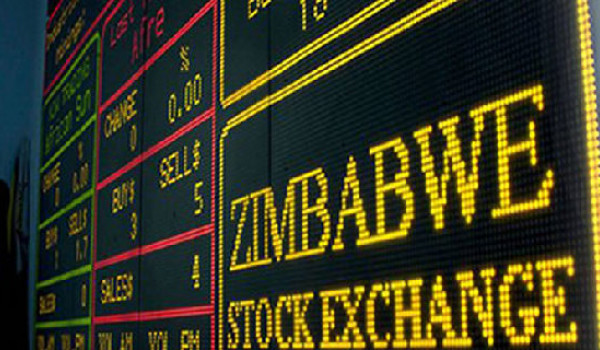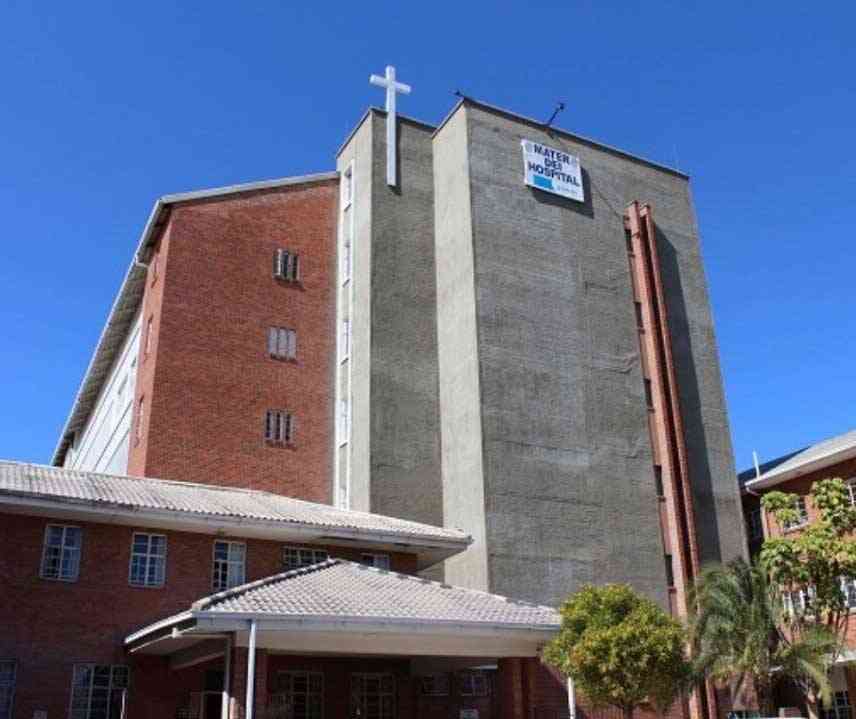
BY MELODY CHIKONO THE Zimbabwe Stock Exchange is expecting to list another exchange trade fund (ETF) at the end of the month, as the main bourse anticipates more listings.
That listing will become the fifth this year following Morgan & Co’s listing, its second ETF called “Made in Zimbabwe” on the Zimbabwe Stock Exchange (ZSE) yesterday in Harare. The ETF will primarily invest in manufacturing firms.
An ETF is a type of pooled investment security that operates much like a mutual fund that tracks a particular index, sector, commodity or other asset.
In January, Morgan & Co launched its first ETF, a multi-sector exchange traded fund on the ZSE.
“By the end of this month we are actually anticipating the listing of another exciting ETF, also home grown. This shows that as a market we have come a long way and should applaud ourselves,” ZSE chairperson Caroline Sandura said at the launch of Morgan & Co’s Made in Zimbabwe ETF yesterday.
“At this pace, there is really nothing that should hinder us from moving on to even more complex structured products. Let me also take this opportunity to challenge Morgan & Co and encourage various market participants present here today to start working on getting real estate investment trusts (REIT) on the market.”
She said the market would benefit from the diversity and the value preservation features brought about by real estate.
Morgan & Co’s Made in Zimbabwe ETF has 10 equities for manufacturing firms of different weights.
- Chamisa under fire over US$120K donation
- Mavhunga puts DeMbare into Chibuku quarterfinals
- Pension funds bet on Cabora Bassa oilfields
- Councils defy govt fire tender directive
Keep Reading
These are: Amalgamated Regional Trading (40,6%), Nampak Zimbabwe (22,3%), Hippo Valley (15,9%), Turnall Holdings (8,5%%), Delta Corporation (4,1%), StarAfrica (3,2%), British American Tobacco (2,7%), Innscor Africa (2%), and Lafarge Cement (0,6%).
The Made in Zimbabwe ETF listing, Sandura said, gave the bourse hope that it would see more listings and product offerings on the Zimbabwean capital markets.
“It is, indeed, the fulfillment of our vision to broaden the securities offerings on the market and also offer products that resonate with retail investors. An actively managed ETF such as the Morgan & Co Made in Zimbabwe ETF, which is listing today, will have a benchmark index but the asset manager hopes to make returns higher than the benchmark by deliberately under or over weighing certain counters in that index,” Sandura said.
She added that actively managed ETFs were a relatively new phenomenon, but that did not mean that they were less safe in terms of investment. These securities only put the skills of the manager out for public scrutiny.
Sandura recommended ETFs for retail investors due to consumer access.
Since ETFs are usually passively managed and open-ended funds which track the performance of a specified basket of securities, a commodity, currencies or any other asset, retail investors can make minimal investments.
Also, since they offer diversification, retail investors are not limited in investment options.
Sandura also challenged various market participants to start working on getting REIT on the market. REITs are companies that own or finance income-producing real estate across a range of property sectors.
Through these, she said the market would benefit from the diversity and the value preservation features brought about by REITs
Sandura advised that pension funds struggling with liquidity issues could lean on REITs as an alternative solution to improve their situation.
- Follow us on Twitter@NewsDayZimbabwe










